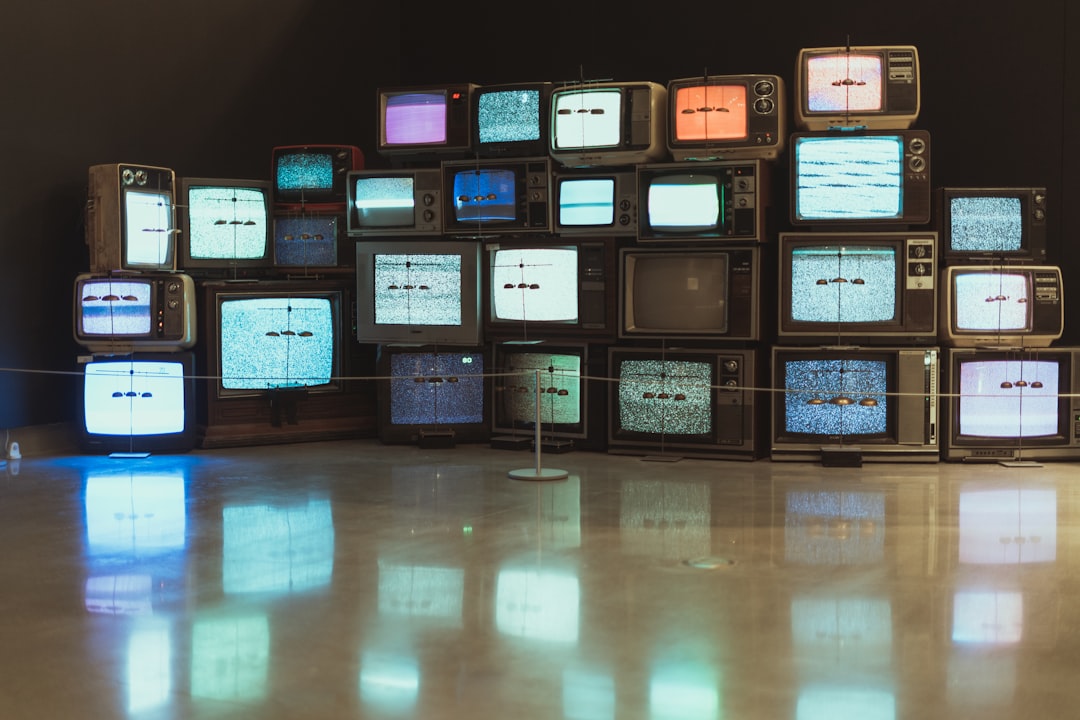The media we consume daily profoundly influences how we see ourselves and the world around us. By being mindful of media's impact on self-image and inner dialogue, we can take control of our personal narratives and foster empowerment.
Media and The Formation of Identity
From a young age, the media shapes our understanding of self in unseen ways. Branding, entertainment and advertising present aspirational yet often heavily filtered lifestyle ideals.
Internalizing these messages over a lifetime creates powerful associations between material goods, physical appearance and deeper identity. Media teaches us how we are supposed to look, act and feel.
Without conscious awareness, these outside perspectives can override our authentic self-concept. We start narrating our lives according to limiting mainstream narratives rather than our own truths.
Self-Talk Reflects What We Consume
Our self-talk, or inner voice, provides a running commentary on our experiences. This dialogue informs our self-esteem, aspirations and emotional state.
When self-talk aligns with external messaging rather than inner wisdom, we lose touch with what we genuinely want. Negative self-talk flourishes, dimming self-worth and potential.
Positive self-talk centered on our strengths and values cultivates a secure sense of self. By taking control of what influences our inner voice, we reclaim personal agency.
Representation and Positive Identity
Seeing people like us represented positively in media is affirming and empowering. It validates our existence and lived experiences. We realize we are not alone.
Alternatively, lack of representation marginalizes identities and realities. Without reflection, we internalize the absence as meaning we are inferior or unimportant.
Consciously consuming diverse perspectives provides mirrors for self-discovery. We can embrace the entirety of our being when we recognize all parts in media.
Filtering Out Media Noise
Today’s media climate overwhelms us with idealized, airbrushed images and negative news. It's crucial we filter out this noise to protect our inner space.
Be selective about the media voices you allow into your mind. Follow body positive activists. Read authors with diverse protagonists. Prioritize content that aligns with your values.
Limit time with skewed representations and harmful comparisons. Instead, fill your feed with messages that enrich your self-concept and expand your worldview.
Fostering Healthy Social Media Habits
Used excessively, social media often diminishes self-worth through envy, isolation and self-criticism. However, intentional use can connect, inspire and educate.
Curate your feed mindfully. Seek authentic accounts spreading light. Follow influencers who motivate you to grow. Connect with communities aligned with your interests.
Set time limits. Consume thoughtfully, not compulsively. Share intentionally, not impulsively. Remember, platforms profit from addiction. Regain agency over your attention.
Owning Your Unique Story
Media offers tools for self-discovery when we retain autonomy over our narratives. Find voices that help you explore your multifaceted identity.
Let characters and stories kindle latent passions, talents and purposes within you. Use music, art and writing to process and share your experiences.
Your identity is composed of many threads, weaving the tapestry that is your one-of-a-kind life. Pull inspiration from media, but stay true to your inner self. Your story belongs to you.
By becoming mindful of media’s influence, we reclaim the pen to write our own stories. We limit external forces dictating our self-perception. With empowering inner dialogue, we manifest our highest potential.
